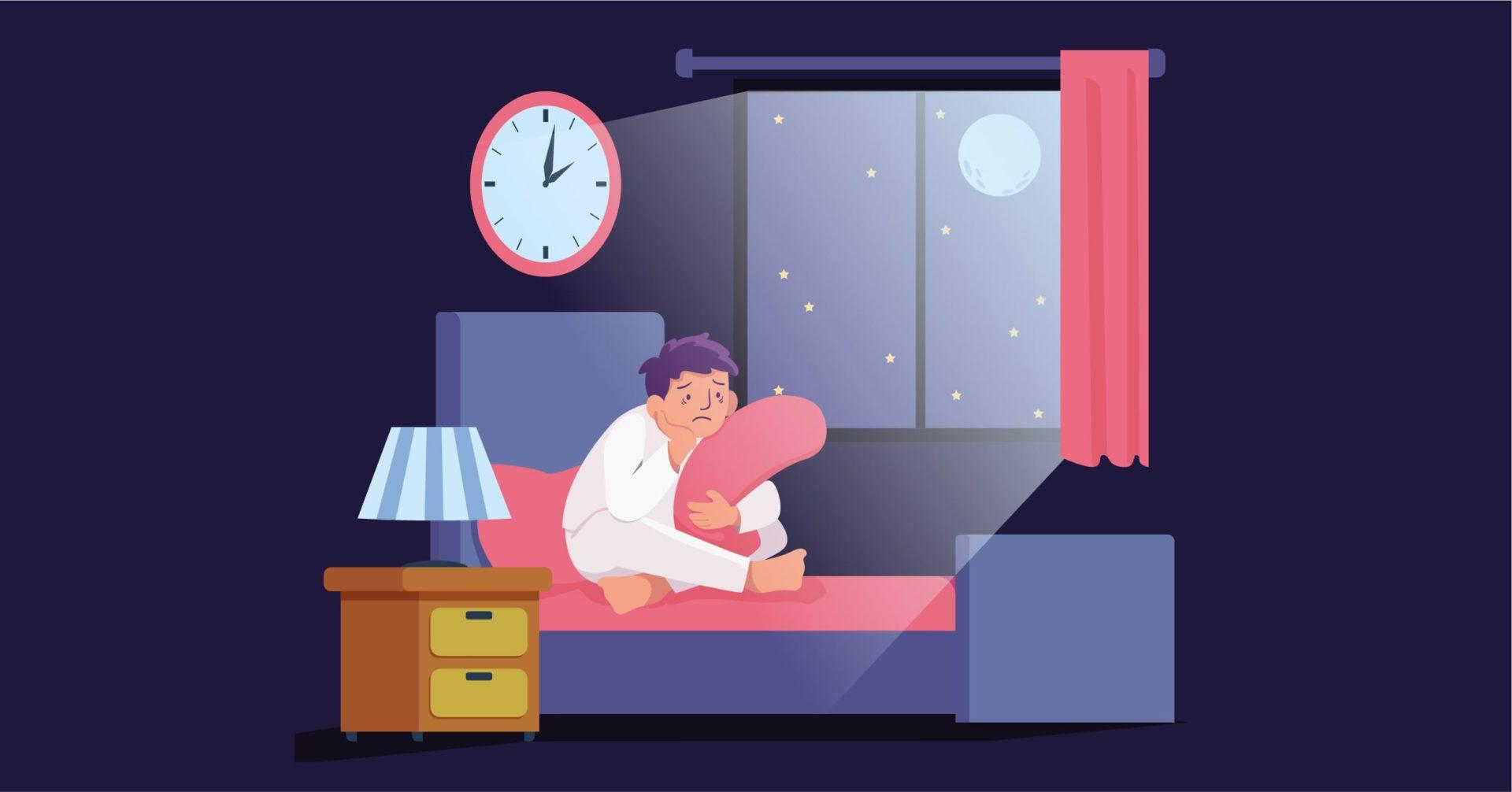Overview
Voyeurism is when a person derives sexual pleasure and gets aroused by watching someone else naked, or by watching unsuspecting people having sex. Voyeurism in itself isn’t categorized as a disorder unless it causes impairment in functioning.
Impairment in functioning may look like feelings of shame, guilt and disgust with oneself, etc. It may also be the inability to control these urges to look at unsuspecting people, engaging in voyeurism without the person’s consent and not being able to control oneself.
It’s more commonly seen among men than women and starts in early adulthood. The specific causes are unknown but associated risk factors include sexual abuse, sexual preoccupation, etc.
Common Signs and Symptoms
Common signs and symptoms include:
- Recurring and intense sexual arousal arising from watching people engage in sexual activities.
- Becoming distressed and not being able to function due to the urges or fantasies.
- Engaging in voyeurism with a person who doesn’t consent to it.
People with Voyeuristic Disorder may feel disgusted, ashamed or guilty. However, there may be patients who do not display these emotions. They may or may not admit to their voyeuristic behaviours.
Risk Factors
Common risk factors include:
- Sexual abuse
- Hypersexuality
- Childhood sexual trauma
- Substance abuse
Diagnosis
A clinical psychologist gives the diagnosis of Voyeuristic Disorder when the following criteria is met:
- Recurrent and intense sexual arousal from watching someone disrobe, naked or performing sexual acts.
- The individual has acted on these urges nonconsensually.
- The sexual urges and fantasies cause distress and significant impairment in functioning.
This behaviour has to persist for at least 6 months and be committed by someone who is above 18 years of age.
Treatment
Treatment includes medication and psychotherapy. Medication often includes Selective Serotonin Reuptake Inhibitors. Commonly used for the treatment of depression, SSRIs are known to decrease impulsive urges. Testosterone reduction medication may also be given to decrease testosterone levels which helps in reducing the stress drive.
Psychotherapeutic rehabilitation includes Cognitive Behavioural Therapy and talk therapy. It generally helps in understanding why the behaviour is socially unacceptable and learning ways to control urges.
Specialist
A psychotherapist and a psychiatrist often assist in the treatment of Voyeuristic Disorder. A psychologist who specialises in paraphilic disorders can also be approached for treatment.




